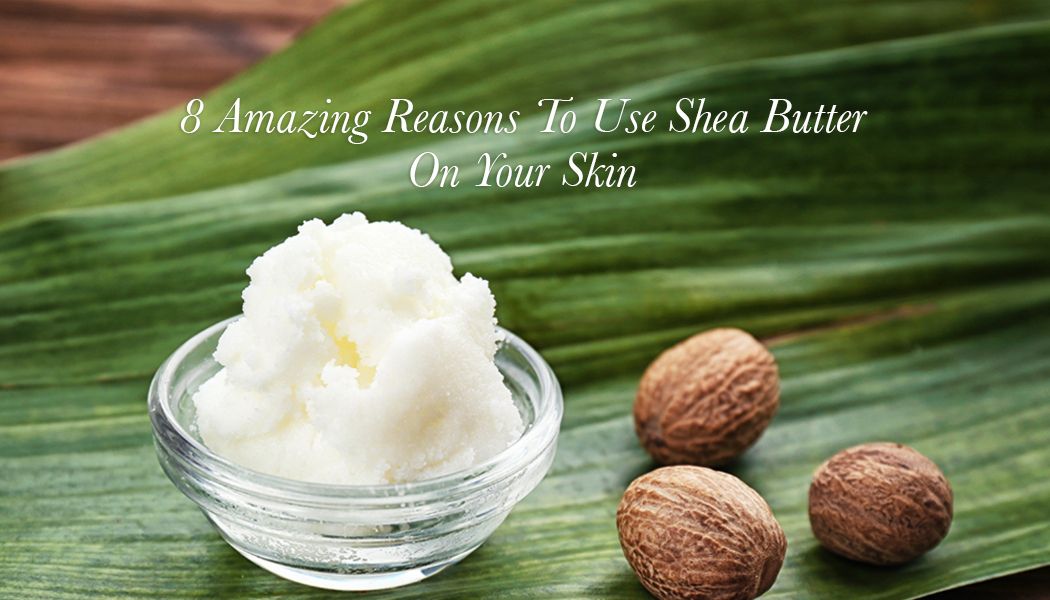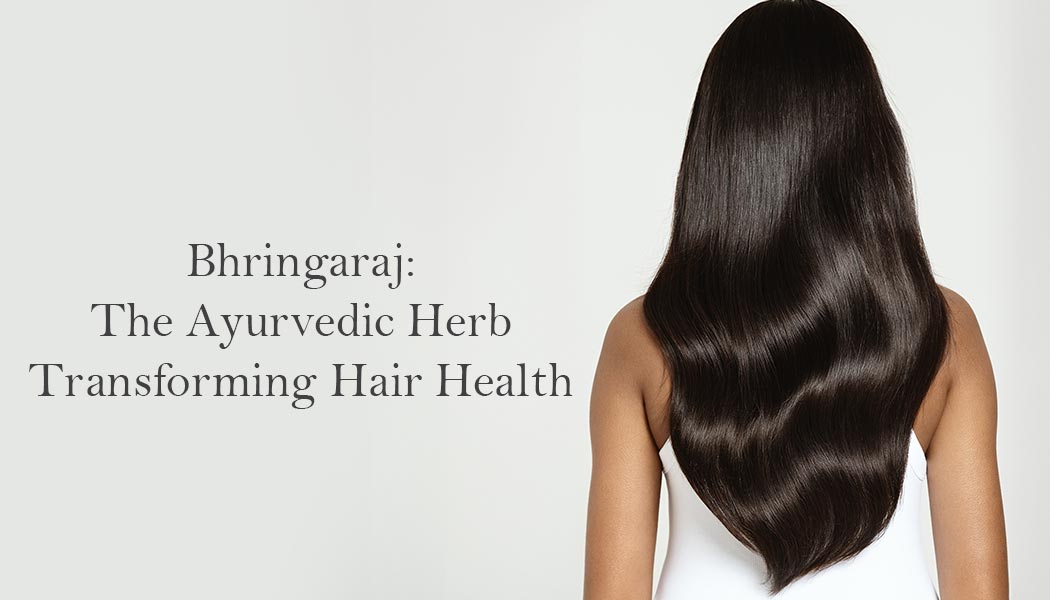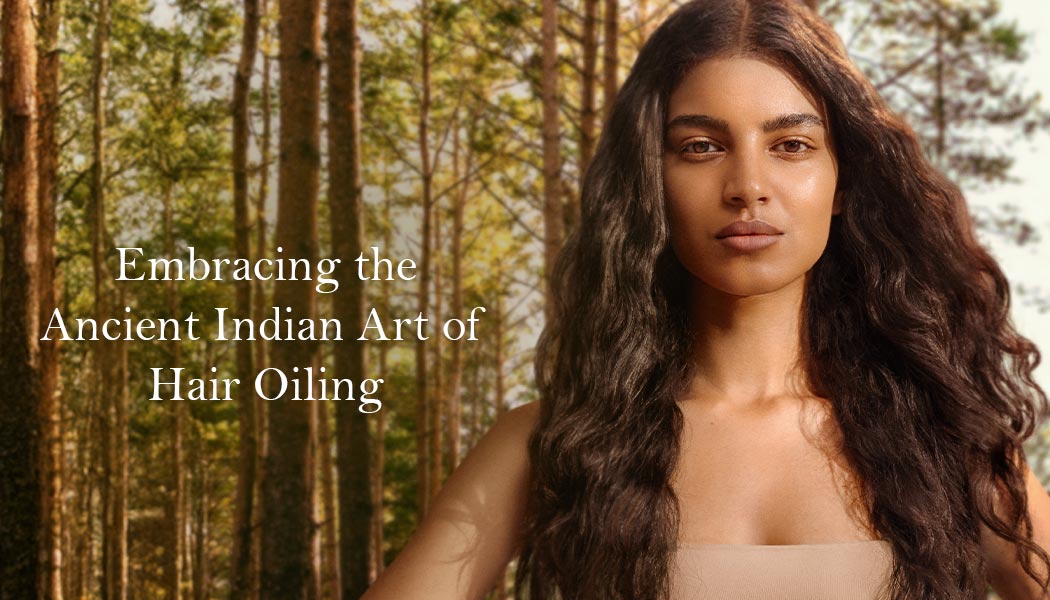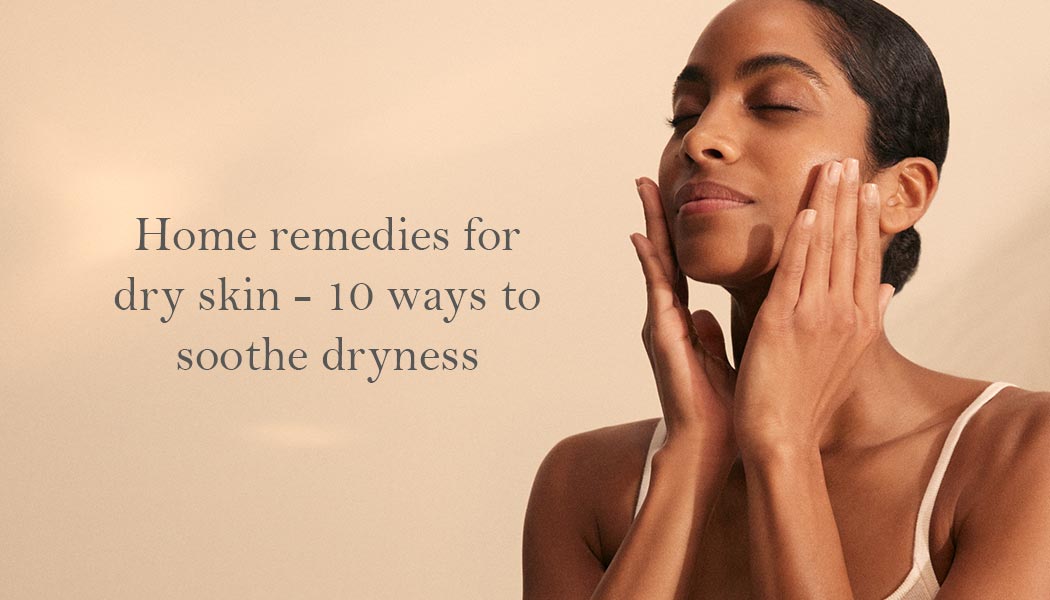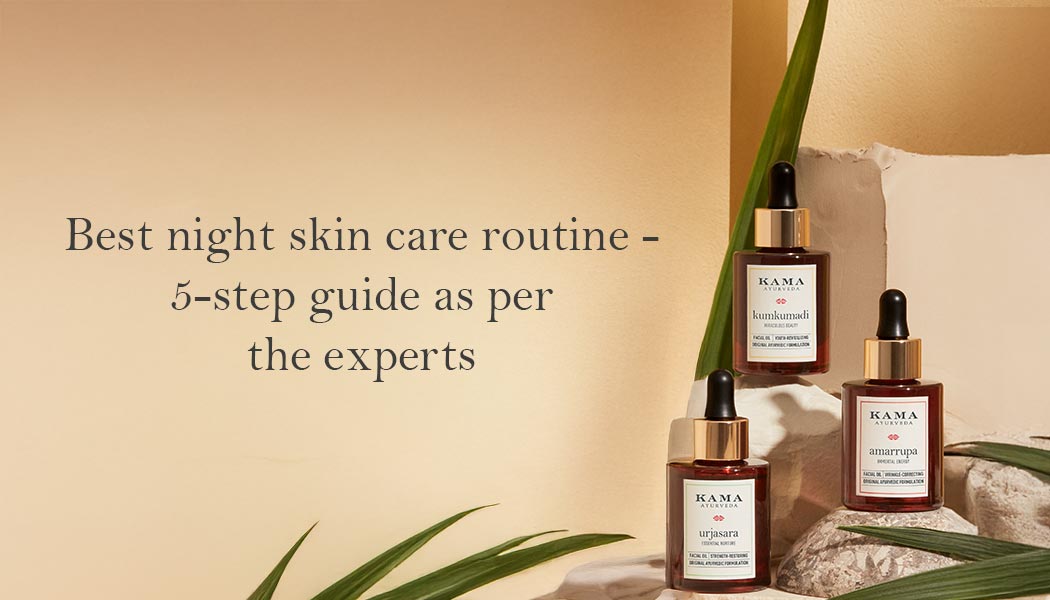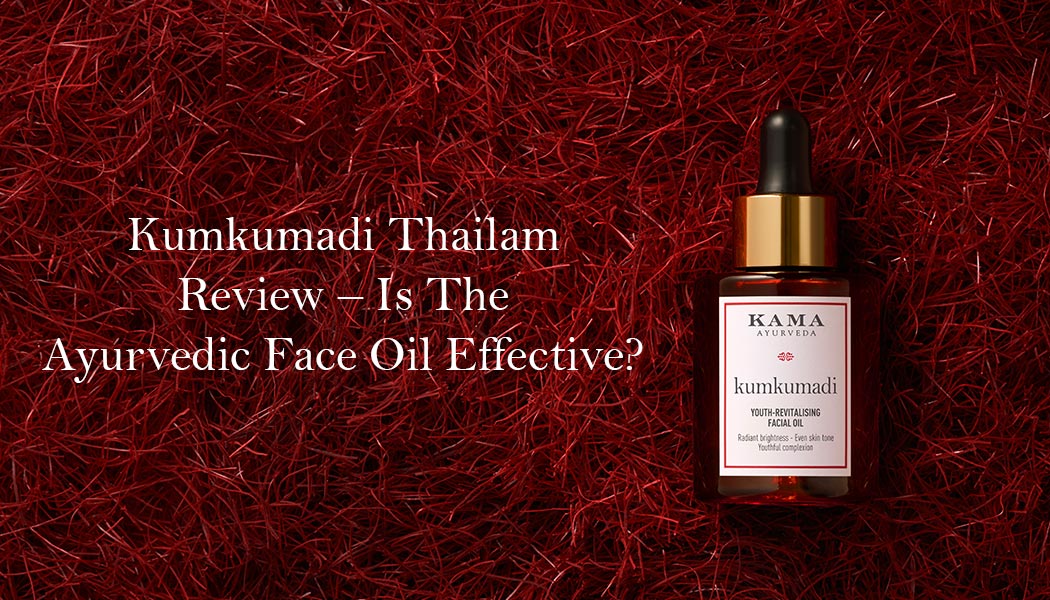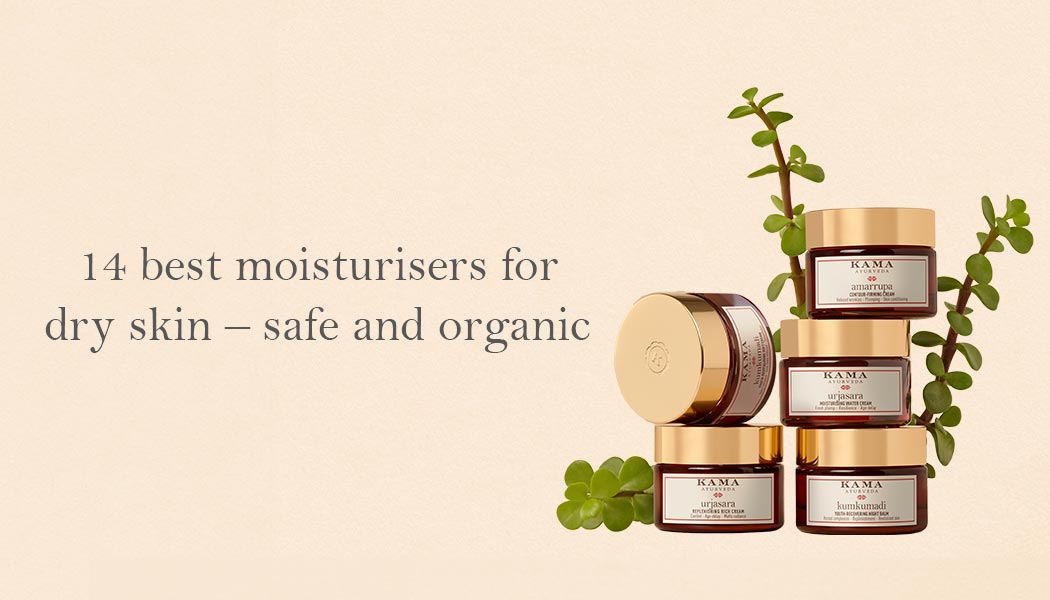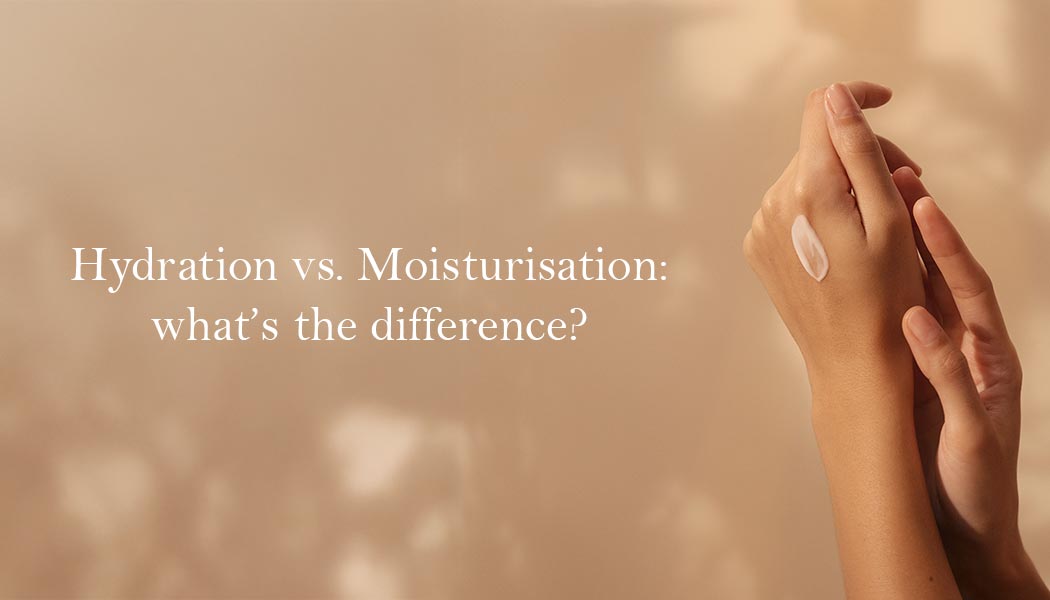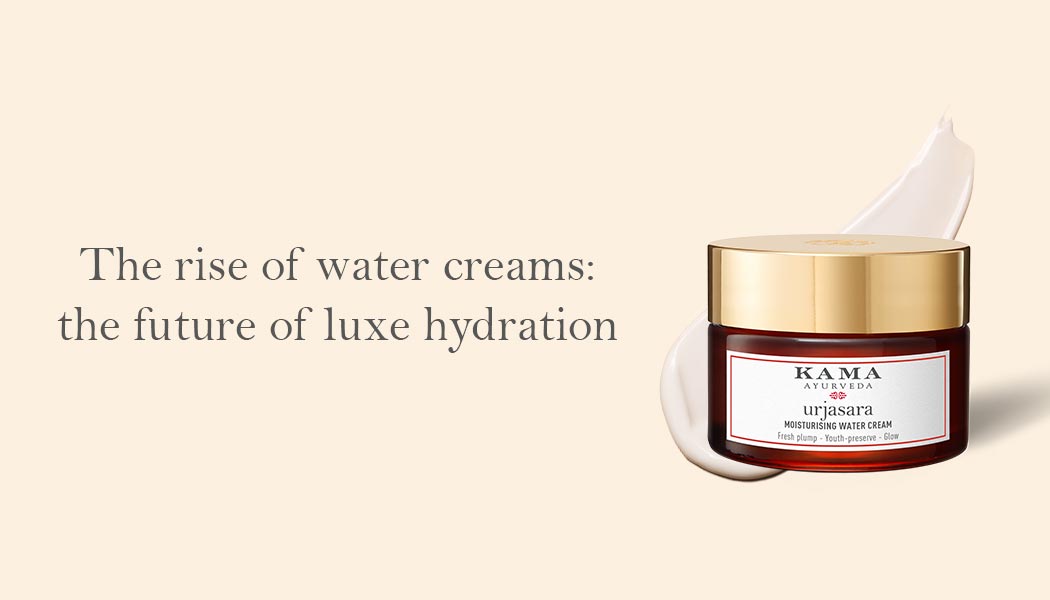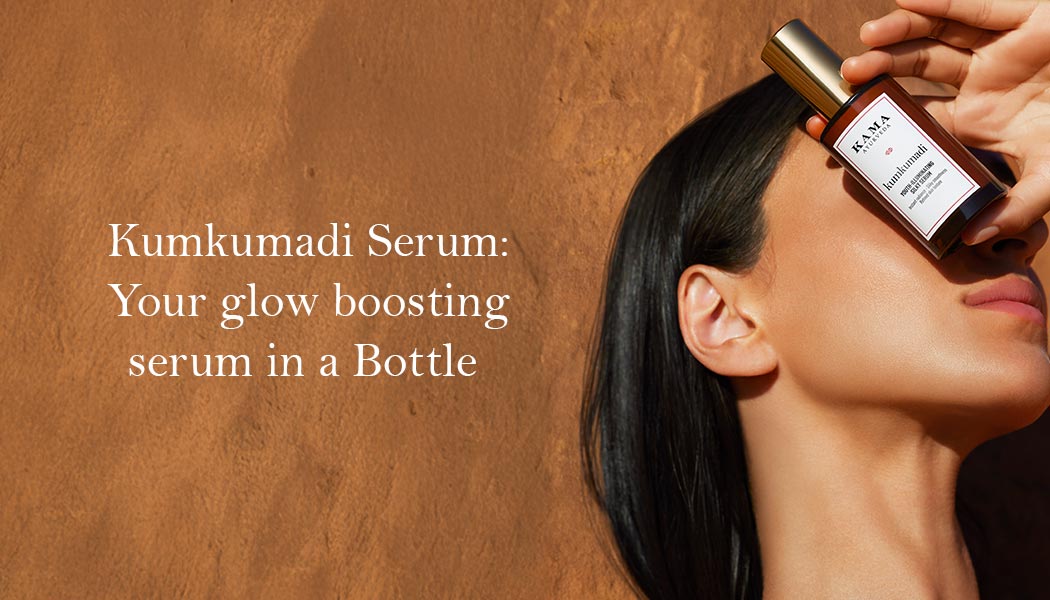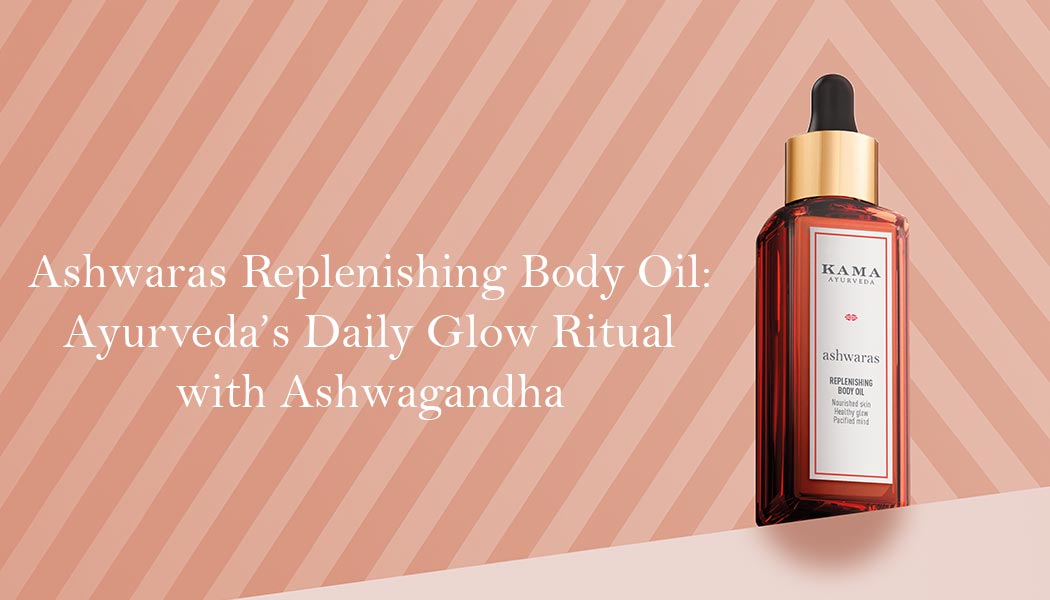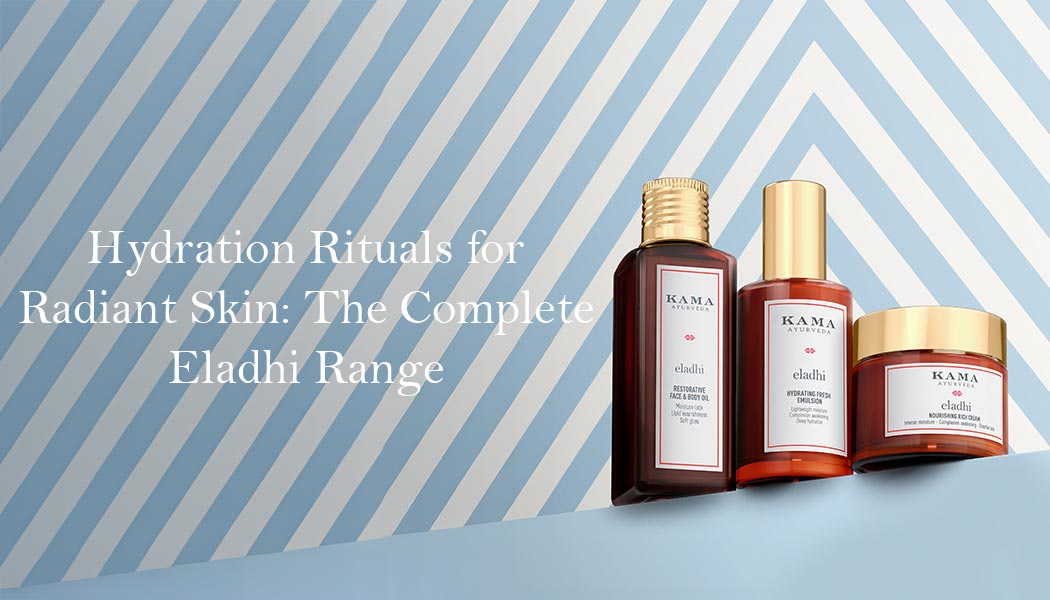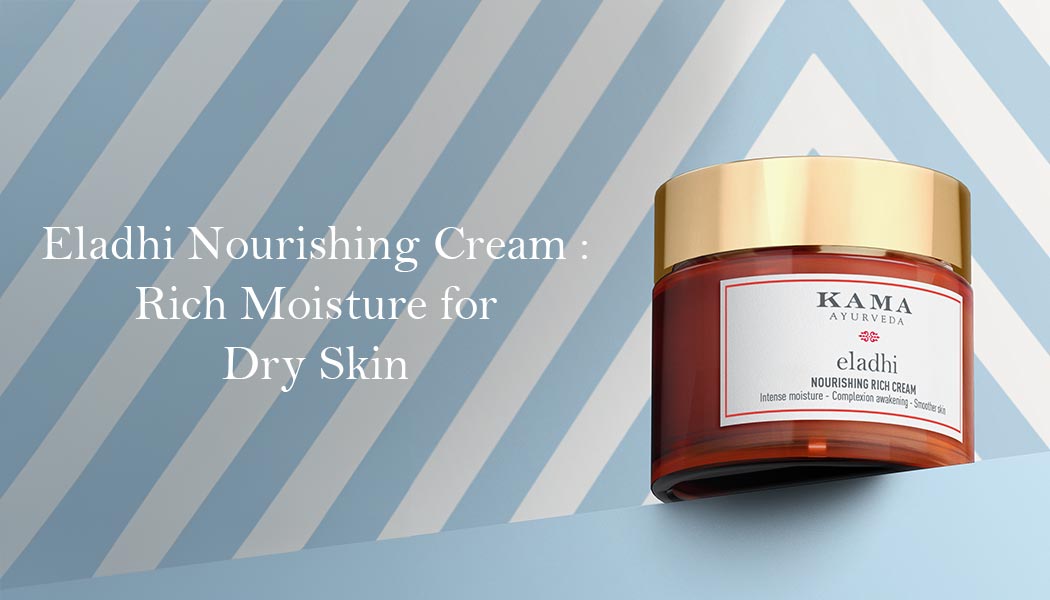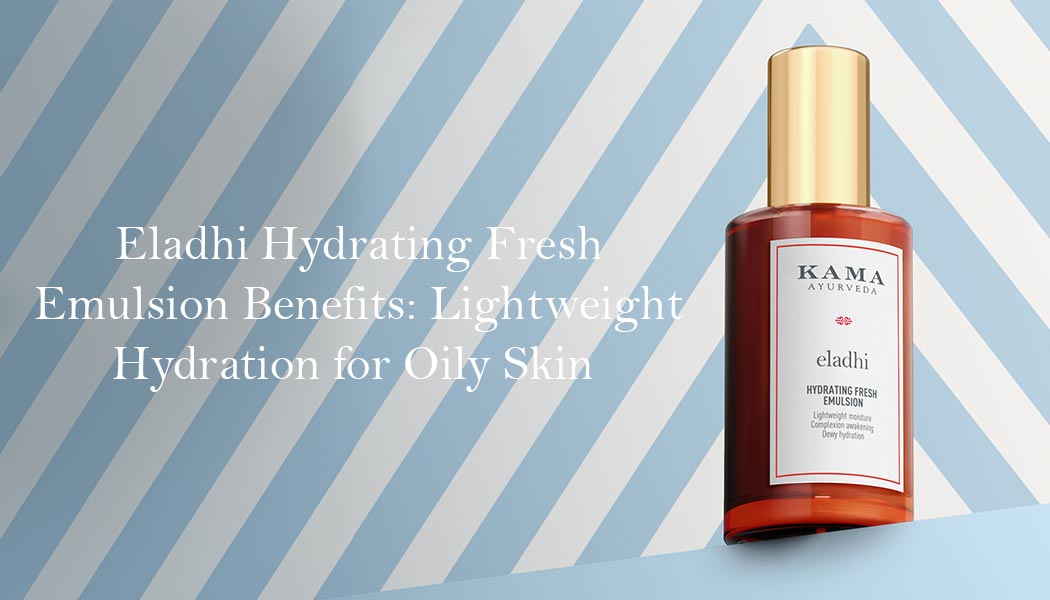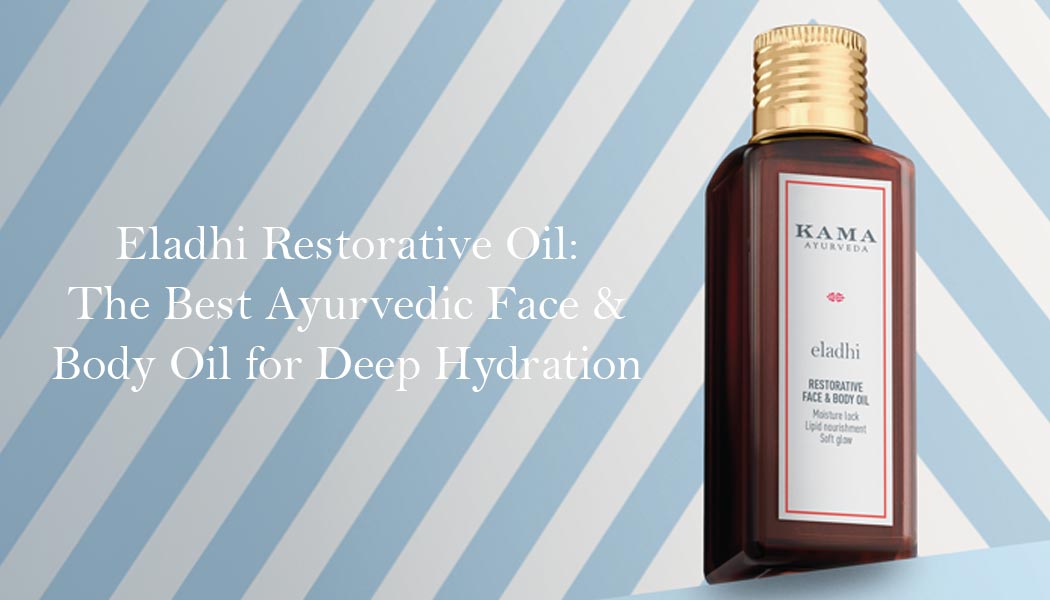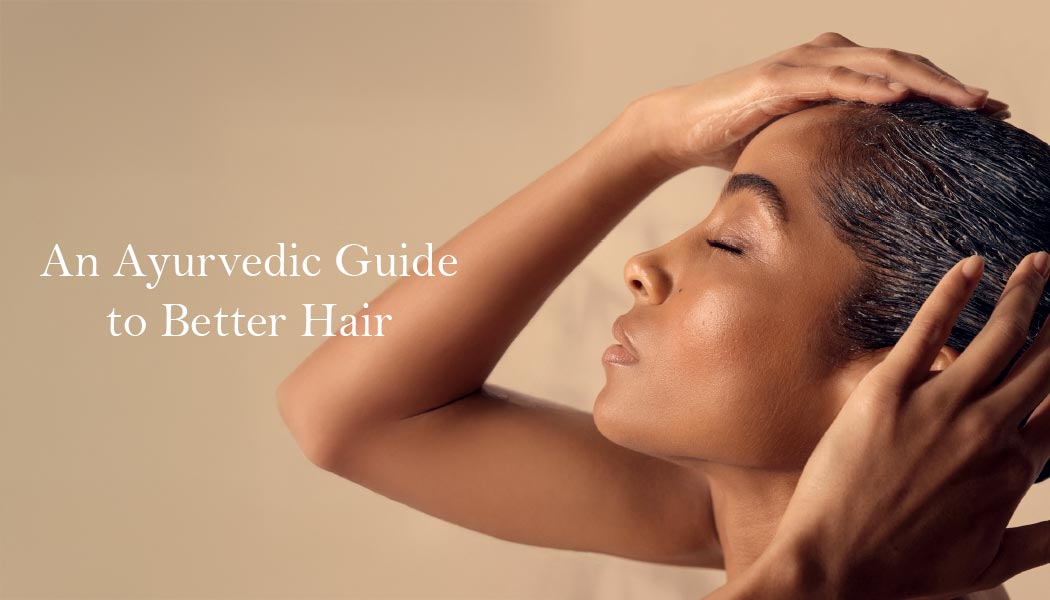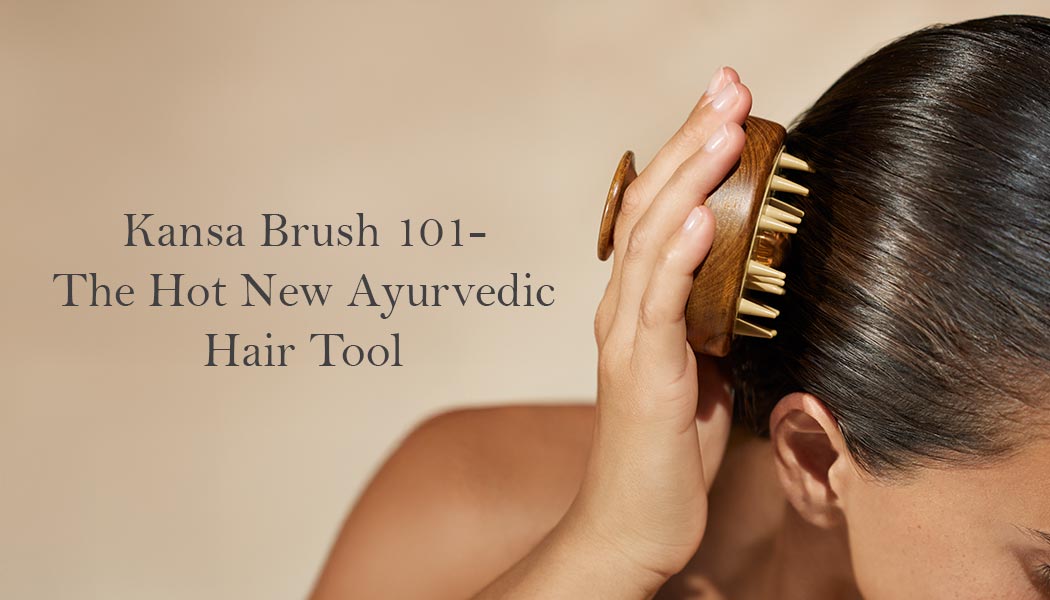- 30 January 2024
- 10 mins read
Do you find your body lotions ineffective against your skin dryness in the winter season? Chances are that your skin is in need of a richer dose of moisturisation. That’s where body butters like Shea Butter come into the picture.
Not only are body butters thicker and richer than most body lotions, but they are also highly effective in rejuvenating the skin and healing the dry patches around elbows and knees.
Yes, once you discover the right body butter for your skin, slathering your skin with it right after a shower will become your favorite thing to do in winters!
What are body butters? (And why does your body need them?)
Most body butters are made from natural butters extracted from seeds and nuts. What makes them unique and different from lotions is that they do not contain water and hence they are more nourishing.
Body butters can be of different types ranging from shea butter to mango butter and chocolate butter. Sometimes natural oils like Almond, Jojoba, Grapeseed or Coconut are also added to body butters to further nourish and protect your skin.
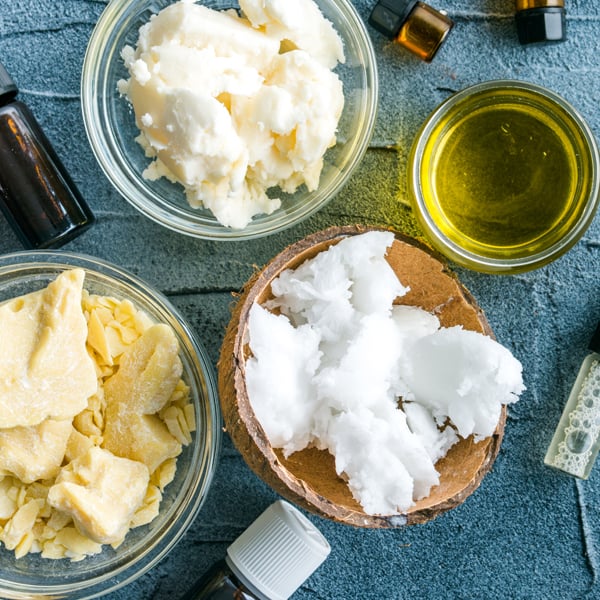
This article will be focusing on one of the most popular body butter - Shea butter. Shea butter is native to Africa but has gained immense popularity across the world for its amazing benefits for the skin.
What is Shea Butter?
Shea butter, a solid fatty oil at room temperature, is derived from the nuts of the shea tree, abundantly found in Africa. The tree's fruits contain nuts, which are crushed, boiled, and processed to get this enriching body butter.
Though shea butter may seem like a modern discovery, it has been a skincare staple for centuries. Its initial use can be traced back to Africa, where it was highly valued.
During Cleopatra's era, shea butter was so prized that it was dubbed "women's gold," and was stored in jars for use on skin and hair.
Today, it remains a vital part of African skincare, helping protect against the wind and sun's harsh rays, particularly in the regions of Western Africa where the shea tree is revered.
In Ayurveda, shea butter is recommended for balancing Vata and Pitta skin doshas, known for their propensity towards dryness. Its hydrating properties make it an ideal solution for these skin types.
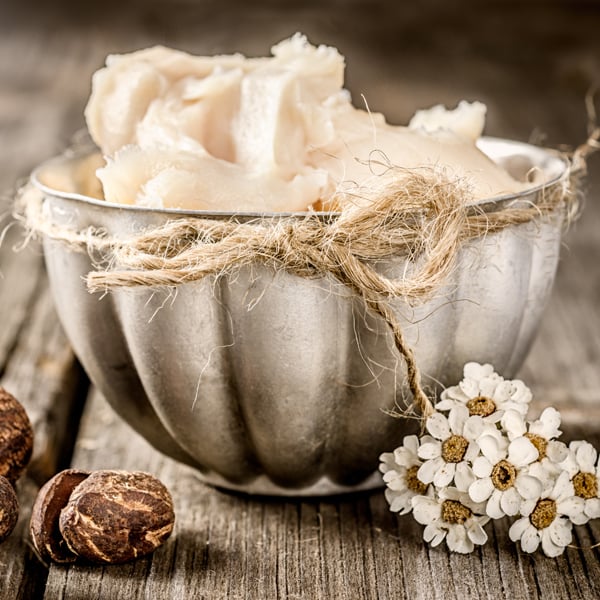
Benefits of Shea Butter
In this section, let’s look briefly at the many beneficial properties and nutrients of Shea Butter for skin, hair and overall hea;th.
Skin Benefits
Shea butter is an unparalleled moisturizer, particularly crucial for skin care during the cold winter months. Its unique composition, rich in oleic, stearic, and linoleic acids, combined with a bounty of vitamins A, E, and C, makes skin youthful and radiant.
Regular application of shea butter helps maintain a glowing complexion. Moreover, its remarkable softness and nourishing properties help in healing dry, cracked skin, including areas like heels and cuticles.
Health Benefits
Historically, Shea butter has been a staple in African medicine for its pain-relieving properties, particularly in treating muscle aches and sores. Its anti-inflammatory qualities make it beneficial for conditions such as rheumatism, helping to soothe pain and reduce inflammation.
Additionally, the high vitamin A content in shea butter is effective in calming skin allergies and in the treatment of insect bites, offering a natural remedy for these common skin concerns.
Hair Care Benefits
Shea butter acts as a natural conditioner, revitalizing dry and damaged hair. It targets and repairs split ends while restoring essential moisture, making it especially beneficial for those with dry or flaky scalps.
In African tradition, shea butter has been used for its protective qualities against the sun's harsh rays, helping to heal and prevent sun damage. For swimmers, applying shea butter to hair before entering a chlorine-treated pool can safeguard the hair from the damaging effects of chlorine, preserving its health and vitality.
Which Is The Best Shea Butter?
When it comes to selecting the best kind of shea butter to use, the task can be quite daunting as the market has a lot of variants to offer.
It’s important to note that pure shea butter has a very thick consistency and texture. While this makes shea butter perfect for Vata and Pitta type dry skin, it might not be suitable for Kapha skin types and could cause irritation/rashes to sensitive skin.
Hence, Shea butter is sometimes mixed with other natural butters and oils to make it suitable for all skin types. Mixing Shea butter with other natural ingredients such as Kokum butter, Mango butter, Jojoba oil, Coconut oil and Lotus oil makes it tridoshic, which means it is suitable for all skin types.
Kama Ayurveda’s Shea Lotus Body Butter is one such body butter. It provides instant relief from flaking and dry patches, firms and tones the skin, helps in lightening the appearance of scars and stretch marks.
The combination of lotus oil and shea butter together work towards minimizing the appearance of fine lines, wrinkles and stretch marks. This body butter not only nourishes the skin deeply but also prevents it from ageing.
This body butter also has Coconut and Jojoba Oils whose anti-inflammatory action protects the skin against infections, acne breakouts and blemishes.
Another shea body butter suitable for all skin types is Kama Ayurveda’s Kokum and Almond Body butter. In this body butter, shea butter is blended with 100% natural cold-pressed Almond and Coconut oil along with Cocoa and Kokum butter.
This body butter improves the elasticity and complexion of the skin while providing intense moisturization.
Benefits of Shea Butter for Skin
Shea butter is known to have been used by Cleopatra and even the Queen of Sheba for the innumerable benefits it has on the skin. Here is a comprehensive list of benefits and uses of shea butter for the skin.
- Natural moisturizer for the skin
Shea butter is known for its moisturizing properties. It locks the moisture in the skin and keeps it supple and hydrated all day. It can also treat dry and cracked heels, and grey, ashy elbows and knees.
What sets this apart from the rest of the body butters and oils is that shea butter penetrates the skin without clogging the pores. With the winter season upon us, having a jar of shea butter close at hand, perhaps on your bedside table, is a wise and beneficial skincare choice.
- Treats acne and scars
Shea butter is known for its healing properties and can be used to treat acne and acne scars. It contains several fatty acids and plant sterols such as oleic, palmitic, stearic, and linolenic acids that treat scars and blemishes.
Raw, unrefined shea butter is effective in treating frost bites, burns, athletes foot, skin peeling and rashes as well.
- Anti-ageing properties
Shea butter contains vitamin A and C which is known for its anti-ageing properties. Shea butter stimulates the production of collagen which keeps the skin youthful, supple and radiant. Applying shea butter every day before bed will reduce the appearance of fine lines and wrinkles on the body.
Most wrinkles appear on the parts of the body which receive the most sun exposure, especially the neck, the back of the hands, and the arms. Pay special attention to them while moisturizing your body.
Shea butter also protects the skin against pollution and UV rays. To protect your face from the sun, you can use Kama Ayurveda’s Natural Sunscreen which is rich in Shea Butter due to which it soothes irritation, repairs sunspots and other signs of sun damage.
- Reduces Skin Inflammation
Shea butter also has anti-inflammatory properties due to the presence of cinnamic acid present in it. Inflammations resulting from conditions such as dermatitis and rosacea can be eased by applying shea butter on the troubled area.
Sunburns, dermatitides, rashes, and cuts that can result in inflammation can also be treated using shea butter.
Nasal congestion can also be treated using shea butter. Although this may seem weird, nasal congestion is often caused due to inflammation in the inner lining of the nose. Applying shea butter on the nostrils can relieve you from nasal congestion.
- Alleviate razor bumps/ irritation
Hair removal using a razor can leave the skin dry and itchy. Often enough, it may lead to the appearance of bumps and ingrown hair which may be a source of irritation.
Applying shea butter on the skin after shaving will alleviate the symptoms. It can also be used before shaving to soften the skin for a smoother shaving experience.
- Prevents the appearance of stretch marks
The major cause for the appearance of stretch marks is when the skin stretches beyond its natural elastic capacity. This may happen during pregnancy or due to weight gain/loss.
Massaging shea butter on the skin regularly will help reduce the appearance of stretch marks by improving the elasticity of the skin. It will also lighten the existing stretch marks while also deeply moisturizing the skin.
- Soothes baby diaper rashes
For all the new mothers out there, shea butter is a must-have in your baby’s care routine. Shea butter is mild and devoid of any harsh chemicals. It is an excellent natural moisturizer and is gentle on the skin. I would suggest massaging this butter on your toddler’s skin for relief from diaper rashes and conditions such as eczema.
- Lip butter
Dry and chapped lips are every girl’s nightmare. This winter, keep a jar of shea butter by your bedside table and use it as a natural lip balm before bed. Wake up with soft and supple lips.
How To Use Shea Butter For Your Skin?
The best time to use any body butter on your skin is right after you take a bath. Simply take a generous amount of body butter and massage it in upward strokes on your skin till it’s completely absorbed.
While massaging, concentrate on rough areas such as knees and elbows as they are most prone to dryness. Feel free to reapply at night before sleeping if your skin feels dry, stretched or uncomfortable.
Please note that Shea Butter, like all body butters, is only meant to be used on the body and is not suitable for the face. The thick consistency of shea butter might lead to clogged pores if it’s used on the face and hence you should opt for natural day creams or night creams instead.
Benefits Of Shea Butter For Hair
Incorporating shea butter into your hair care routine can significantly improve the health and appearance of your hair, especially if you struggle with dryness, scalp issues, or damage from environmental factors.
Deep Moisturization:
Shea butter is exceptionally hydrating, making it a great treatment for dry, brittle hair. It penetrates deeply into the hair shaft, providing long-lasting moisture and improving overall hair texture.
Scalp Health:
Its anti-inflammatory properties help soothe dry and itchy scalp conditions, including dandruff. By maintaining a healthy scalp, shea butter promotes healthier hair growth.
Strengthens Hair:
Rich in vitamins and fatty acids, it strengthens hair follicles, reducing breakage and hair loss. This results in stronger, healthier hair.
Restores Shine and Luster:
Regular use of shea butter can restore the natural shine and luster of your hair, making it look vibrant and healthy.
Protects from Damage:
Shea butter forms a protective layer around the hair, shielding it from harmful environmental elements like sun damage, pollution, and heat styling.
Treats Split Ends and Breakage:
Its nourishing properties help repair split ends and prevent future breakage, making hair more resilient.
Softens Hair:
Shea butter is known for its softening properties, leaving hair feeling silky and smooth after application.
Natural Conditioner:
It serves as an excellent natural conditioner, leaving hair soft, manageable, and tangle-free.
Can Everyone Use Shea Butter?
Shea butter is generally considered safe for most people to use, but there are some exceptions and considerations:
- Allergies: Individuals with tree nut allergies should be cautious, as shea butter comes from the nuts of the shea tree. Although it's rare, some people may experience allergic reactions.
- Skin Type: While shea butter is typically beneficial for dry skin, those with oily or acne-prone skin should use it sparingly as it can clog pores.
- Quality and Purity: The quality of shea butter can vary. Unrefined, pure shea butter is typically recommended for skin use. Refined versions might have fewer nutrients.
- Patch Test: It's always wise to do a patch test before using any new skin product extensively, including shea butter.
- Underlying Skin Conditions: People with certain skin conditions should consult a dermatologist before using shea butter. Although it's generally soothing, it might not be suitable for all skin types and conditions.
- Pregnancy and Nursing: Shea butter is generally considered safe during pregnancy and nursing, but it's always best to consult with a healthcare provider.
- Children: Shea butter is often used in products for infants and children, such as diaper creams. However, as with adults, a patch test is advisable to check for any reactions.
- Medicinal Interactions: If you're using prescribed skin treatments or medications, check with your healthcare provider to ensure shea butter won't interfere with these.
Remember, everyone's skin is different, so what works well for one person may not work for another.
Final Words
But before purchasing shea butter, it is important that you are aware of the side effects of shea butter.
Although very rare, shea butter may have side effects such as weakness, nausea, dizziness, stomach ache, headache and hives. If you go through any of the above symptoms, consult a doctor immediately.
Although these side effects are very rare, we would suggest that you conduct a small patch test before actually using the product.
References -
- Anti-inflammatory and skin barrier effects of topical application of plant oils - https://www.ncbi.nlm.nih.gov/pmc/articles/PMC5796020
- Nutritional composition of Shea butter - https://www.ncbi.nlm.nih.gov/pubmed/24261539
- Natural moisturizers and dermatitis - https://www.ncbi.nlm.nih.gov/pmc/articles/PMC5849435/
Shreya Dalela is a certified Yoga instructor and a professional dancer trained at The Danceworx. She’s passionate about Ayurveda and holistic living with over 6 years of experience in doing extensive research and content creation in the domain.

Certified Ayurvedic Doctor (Central Council of Indian Medicine) working in Kama Ayurveda as an Assistant Training Manager.
